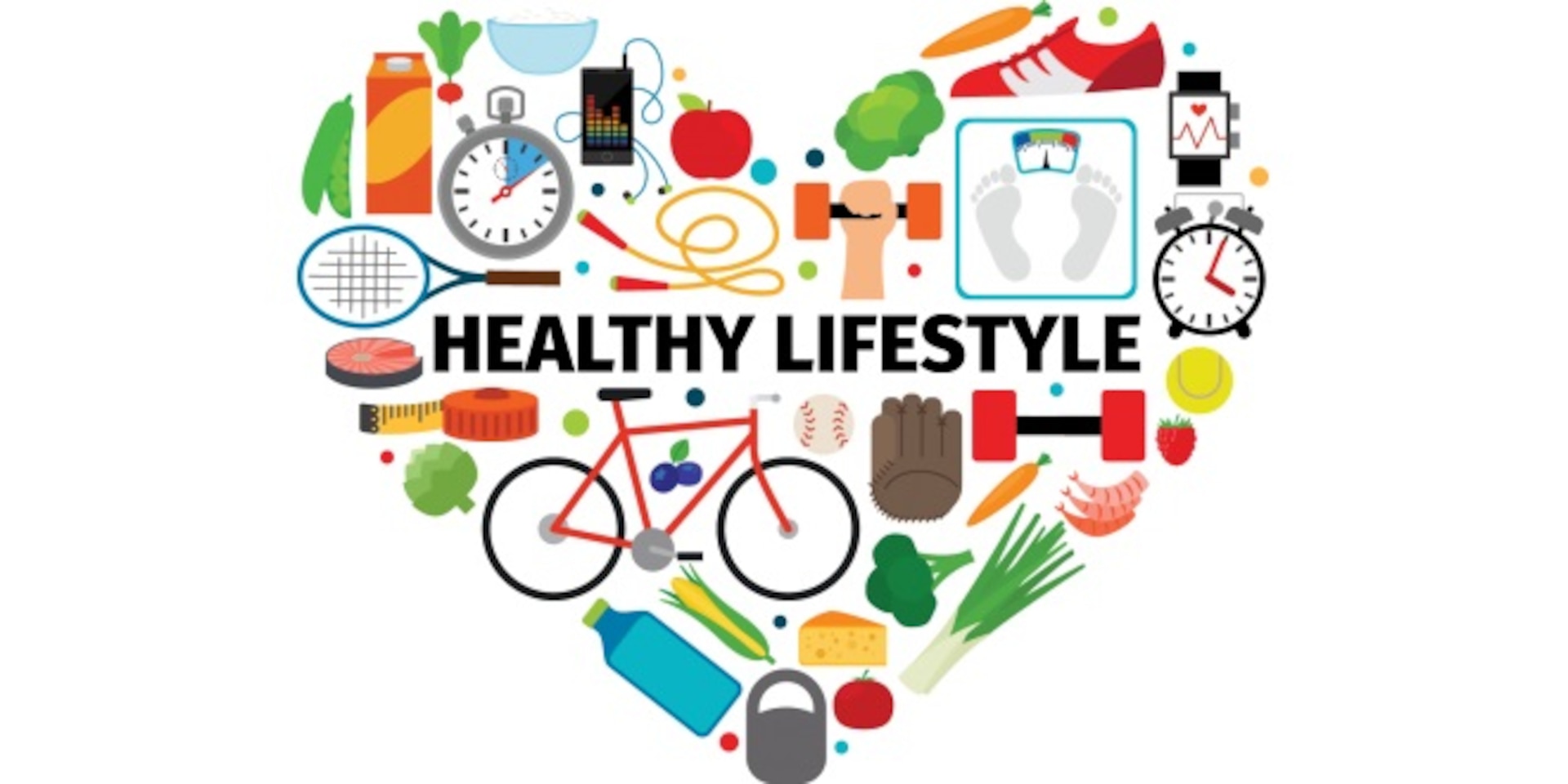INTRODUCTION:
Women's health needs evolve at different stages of life, and it is important to adopt habits and practices that support overall well-being. From adolescence to menopause and beyond, each phase brings its own challenges and opportunities for maintaining health. This article provides essential health tips for women at every stage of life, helping to promote physical, emotional, and mental wellness for the long term.

Adolescence (Ages 12-18): Establishing Healthy Habits Early
The teenage years are a crucial time for women to establish habits that will benefit their health in the future. During this stage, the body undergoes many changes, from puberty to the development of reproductive health.
-
Nutrition and Healthy Eating:
- Focus on balanced meals that include whole grains, lean proteins, healthy fats, and plenty of fruits and vegetables. Proper nutrition supports growth and development and helps build a strong foundation for future health.
- Avoid fad diets or restrictive eating patterns, as they can lead to nutrient deficiencies and unhealthy weight loss.
-
Physical Activity:
- Engage in regular physical activity, such as team sports, swimming, or dancing, to improve cardiovascular health, build muscle, and promote bone health. Exercise also helps to reduce stress and enhance mood.
-
Reproductive Health:
- Understand the importance of menstrual health and track your cycle. If you experience irregular periods or severe pain, consult a healthcare provider to rule out underlying issues such as polycystic ovary syndrome (PCOS) or endometriosis.
- Practice safe sex by using protection to prevent unwanted pregnancies and sexually transmitted infections (STIs).
-
Mental Health:
- Adolescence can be a time of emotional ups and downs. Developing healthy coping mechanisms for stress and building a strong support system can have a lasting impact on mental health.

Building Strong Foundations for Long-Term Health
In young adulthood, women are often focusing on education, careers, and building relationships. This phase is an important time to establish health habits that will carry through into later years.
-
Balanced Nutrition:
- A balanced diet with a focus on nutrient-dense foods, such as fruits, vegetables, whole grains, and lean proteins, is essential. Ensure you’re getting enough calcium, vitamin D, and iron to support bone health, energy levels, and overall wellness.
- Be mindful of portion sizes and avoid excessive consumption of processed foods and sugary drinks.
-
Physical Fitness:
- Regular exercise, including strength training and aerobic activities like running or cycling, helps maintain a healthy weight, improve cardiovascular health, and reduce stress.
- This is also a key time to focus on building muscle mass and maintaining bone density, as these factors contribute to long-term health.
-
Reproductive Health and Contraception:
- Understand your options for contraception, and work with your healthcare provider to choose the best method for your lifestyle. Whether you prefer birth control pills, an IUD, or other forms of contraception, it’s important to prioritize family planning and reproductive health.
- Regular screenings for sexually transmitted infections (STIs) are essential for sexually active individuals.
-
Mental and Emotional Well-Being:
- The pressures of building a career, managing relationships, and navigating independence can be overwhelming. Take time for self-care, manage stress, and seek therapy if needed to maintain mental wellness.
- Building a strong support network of family and friends is key to maintaining emotional health.

Maintaining Balance and Preventing Health Issues
In the midlife stage, women may face changes related to pregnancy, child-rearing, and the early signs of aging. It is a critical time to prioritize health to prevent issues like cardiovascular disease, diabetes, and osteoporosis later in life.
-
Nutritional Needs:
- As metabolism slows down, it’s important to adjust your diet. Focus on whole foods, limit processed foods, and ensure you are getting adequate fiber to support digestive health. Keep a focus on nutrient-rich foods like leafy greens, lean proteins, and healthy fats.
- Calcium and vitamin D become even more crucial for bone health, so aim to include dairy or fortified alternatives in your diet, along with weight-bearing exercises to support bone density.
-
Exercise and Flexibility:
- Regular exercise should include a mix of aerobic activity, strength training, and flexibility exercises. Yoga, Pilates, or stretching routines are great for maintaining joint health and preventing stiffness.
- Strength training is especially important during this stage to preserve muscle mass and metabolism as the body naturally begins to lose muscle with age.
-
Reproductive and Sexual Health:
- For women who have children, this is the time to consider family planning and potential challenges with fertility. It’s also important to maintain regular gynecological exams and screenings for conditions like fibroids, endometriosis, and cervical cancer.
- During perimenopause (the years leading up to menopause), you may begin to experience symptoms like hot flashes, irregular periods, and mood swings. Discuss options for managing symptoms with your healthcare provider.
-
Mental and Emotional Health:
- Women may experience shifts in mental health due to hormonal changes, family responsibilities, or career transitions. Finding time for relaxation, hobbies, and maintaining social connections can help manage stress.
- If you are caring for children and aging parents, it’s essential to prioritize self-care and avoid caregiver burnout.
Post-Menopause (Ages 50+): Embracing New Health Priorities
Post-menopausal women face significant changes as the body adjusts to the lack of estrogen, which can affect bone health, cardiovascular health, and emotional well-being.
-
Diet and Bone Health:
- Adequate calcium and vitamin D intake is crucial to prevent osteoporosis, which becomes a greater risk after menopause. Consider fortified foods, dairy, or supplements if needed.
- Include magnesium-rich foods like nuts, seeds, and whole grains to support bone health and reduce muscle cramps.
-
Exercise for Longevity:
- Regular exercise continues to be essential for maintaining strength, flexibility, and cardiovascular health. Focus on low-impact activities like walking, swimming, or cycling to protect the joints while improving overall health.
- Strength training is critical to combat muscle loss associated with aging and to maintain bone density.
-
Mental Health and Cognitive Function:
- Menopause and aging can lead to changes in mood and memory. Prioritize activities that stimulate cognitive function, such as reading, puzzles, and socializing.
- Practice stress-reduction techniques like meditation, yoga, or deep breathing to manage anxiety or depression.
-
Heart Health:
- Post-menopausal women are at higher risk for heart disease due to the drop in estrogen levels. Regular cardiovascular exercise, maintaining a healthy weight, and monitoring cholesterol and blood pressure are vital steps in preventing heart disease.
- A heart-healthy diet rich in whole grains, fruits, vegetables, and healthy fats can support long-term cardiovascular health.
Conclusion
Women's health needs change throughout the various stages of life, but a proactive approach to nutrition, physical activity, reproductive health, and mental wellness can help women navigate these transitions with confidence. By making healthy choices and staying informed about health risks and preventive care, women can maintain a high quality of life at every age. Whether you are in your teens or in your 70s, it’s never too early or too late to prioritize your health and well-being.



You must be logged in to post a comment.